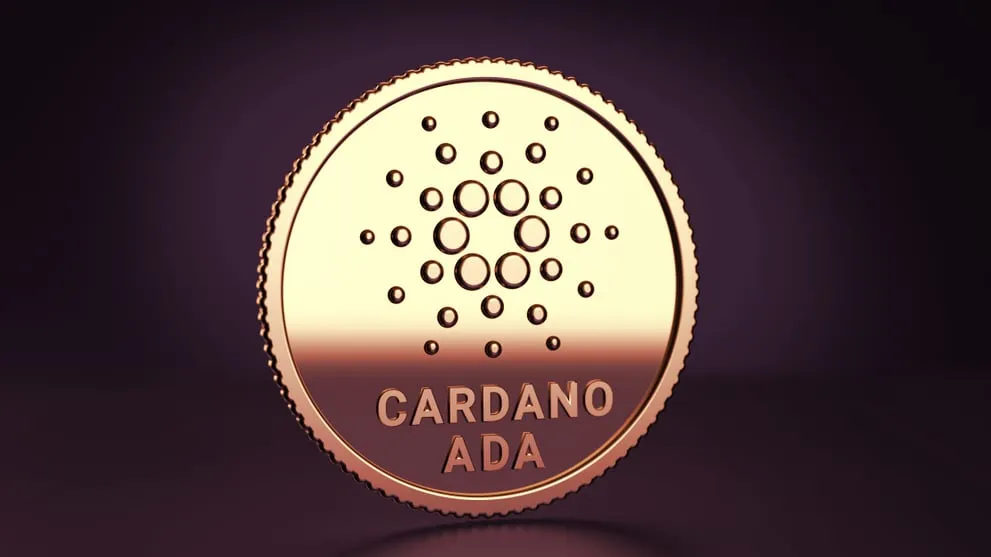Coinbase, the publicly traded cryptocurrency exchange, has been on quite the listing spree over the last year, adding everything from ApeCoin (APE) to Wrapped Centrifuge (WCFG).
It's also buffing up its staking options. The exchange announced today that it now offers staking for ADA, the native cryptocurrency of the Cardano blockchain.
In explaining the decision, senior product manager Rupmalini Sahu pointed to ADA's top-10 market capitalization and its "flexible, sustainable, and scalable" blockchain design. That design uses smart contracts, similar to Ethereum and Solana, to enable decentralized finance, NFTs, and other activities on the network.
Cardano is a proof-of-stake cryptocurrency, meaning that its network is secured not through mining, as with Bitcoin, but by people committing a portion of their ADA holdings to the network. In return, they receive a share of newly minted ADA.
Because this "staking" process can be a bit overwhelming or time-consuming for average user, Coinbase and other exchanges offer to do it for them—pooling ADA together on the Cardano network, then redistributing a portion of the rewards. It's estimating an annual return of 3.75%, to be distributed every five to seven days.
Cardano, the price of which has jumped today from $1.00 to $1.09 at publication time, is having a very good week relative to other prominent coins. ADA's going rate is up 30% over the last seven days, compared to a 10% bump for Ethereum and 8% rise for Solana.
ADA is the fifth coin that Coinbase provides staking services for, after Algorand, Cosmos, Ethereum, and Tezos. Sahu says the exchange "plans to continue to scale our staking portfolio in 2022."
That puts its staking goals in line with CEO Brian Armstrong's expansionist tone. In June of last year, he tweeted, "Our goal is to list every asset where it is legal to do so."
The exchange, which for a long time lagged behind in listings, now supports 168 different coins and tokens. It offered just around 60 to start off 2021.

